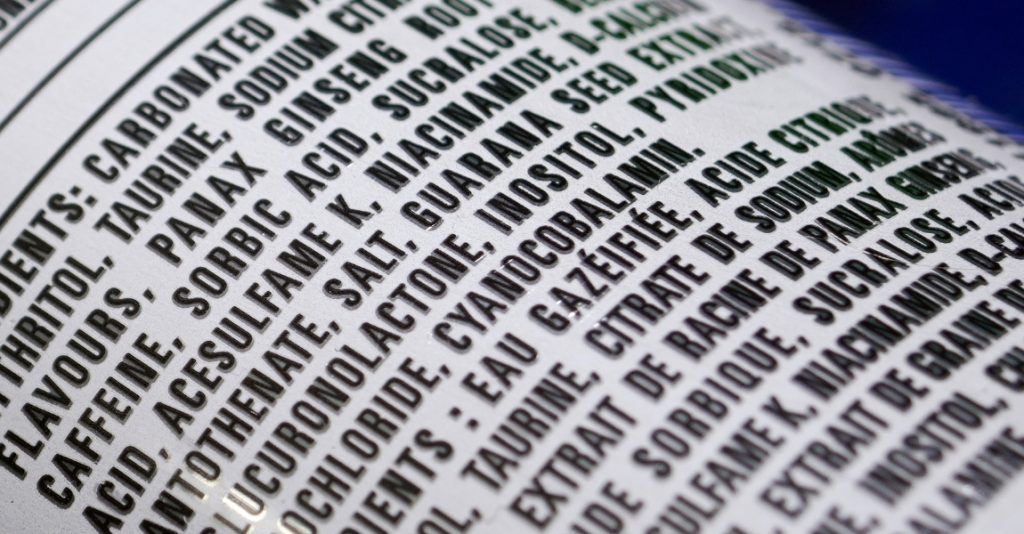
Why Alcohol in Skincare Isn’t Always a Red Flag (But Can Be)
If you’ve ever turned a product over, scanned the ingredient list, and spotted “alcohol,” you’ve probably had that moment of panic — Wait, isn’t that bad for my skin? We hear it all the time at Simple Body “Isn’t alcohol bad for your skin??”
Here’s the truth: not all alcohols are created equal. Some can dry, irritate, and disrupt your skin barrier. Others, though, are gentle, even beneficial, helping your skincare absorb better and feel silky instead of greasy. Here’s the difference between the “rubbing alcohol” you might find in your bathroom and the alcohols we use in our skincare.
Understanding Alcohol in Skincare
The word alcohol can mean a few very different things in cosmetic chemistry. When people talk about “bad” alcohols, they’re usually referring to simple or drying alcohols like:
-
Denatured alcohol (Alcohol Denat.)
-
Isopropyl alcohol
-
Ethanol
These evaporate quickly and can strip the skin’s natural oils — sometimes useful in a quick-dry hand sanitizer or acne spot treatment, but not so great in your daily moisturizer or serum. Over time, too much exposure can lead to tightness, dryness, and a compromised barrier.
But then there are the fatty alcohols — and these are the good guys.
The “Good” Alcohols Your Skin Loves
Fatty alcohols like cetyl alcohol, stearyl alcohol, and cetearyl alcohol are emollients — meaning they actually help your skin stay soft and hydrated. They’re derived from plant oils (like coconut or palm) and used to:
-
Thicken and stabilize natural formulations
-
Create that smooth, creamy texture you love in lotions
-
Lock in moisture and improve spreadability
So, when you see one of these in your ingredient list, don’t panic — these alcohols are more like nourishing lipids than astringent solvents.
When Alcohol Can Be a Problem
Here’s where it gets tricky: context matters. Even “bad” alcohols can serve a purpose in small amounts — for example, helping botanical extracts dissolve evenly or improving ingredient penetration. The issue is when they’re used as a main ingredient. When you’re reading a cosmetic label and alcohol is close to the top ingredient there’s a high concentration in a formula.
If you have dry, sensitive, or mature skin, too much of the drying kind can make things worse. You might notice redness, flakiness, or a stinging sensation — all signs that your barrier’s being stripped.
How We Approach Alcohol at Simple Body
We’re very selective about the types and amounts of alcohol used in our formulations. When we use them, it’s the gentle, plant-based kind — the ones that stabilize and soften, not strip or sting. Typically these alcohols make your skin feel soft and have a creamy texture that you can feel in the formula. Our goal has always been to create skincare that supports your barrier, not challenges it. That means no harsh solvents or unnecessary fillers — just plant-derived, skin-compatible ingredients that feel good and do good.
Quick Tips When Checking Your Labels
-
Look for fatty alcohols like cetearyl, cetyl, or stearyl — these are barrier-friendly.
-
Avoid denatured or isopropyl alcohols near the top of the ingredient list, especially if you have sensitive or dry skin.
-
Pay attention to how your skin feels — tightness or stinging are signs it’s too harsh.
The Bottom Line
“Alcohol” on a label isn’t automatically bad — it’s all about which kind and how much. Please do me and your skin one favor though…don’t ever put rubbing alcohol on your face thinking it will “dry” something up…like a blemish or breakout. It’s damaging for your skin barrier and there will be long term consequences. Consider using witch hazel or an astringent that is much gentler. Your skin will thank you!
When used thoughtfully, the right types of alcohol can make your skincare smoother, more stable, and more effective. But if a product leaves your skin feeling stripped or tight, that’s your cue to switch to something gentler — like our barrier-supporting, plant-based formulations that work with your skin, not against it. Hope this clears up the alcohol in skincare debate!
xoxo
Jewels
